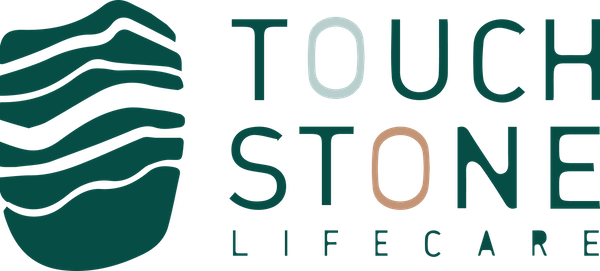National Palliative Care Week: A big week for better end-of-life care

It’s clear there is growing momentum around data, dignity and decision-making at the end of life. And most exciting of all, there’s a convergence happening—of policy, funding, legislation and digital innovation, writes TouchstoneLife Care CEO Dr Merran Cooper.
Digital advance care planning and the ambulance ramping crisis

Ambulance ramping cases have been described as the “canaries in the healthcare coalmine”, with escalating pressures on hospitals exposed by delays in the transfer of patients into emergency departments.
Touchstone’s data provides insights into Australians’ end-of-life wishes

Data matters. At Touchstone, our digital advance care planning platform is a unique repository of de-identified data on the end-of-life wishes of Australians.
Opening statement to the Senate Inquiry into the Aged Care Bill 2024

Touchstone founder CEO Dr Merran Cooper became emotional when she appeared at the Senate Inquiry into the new Aged Care Bill and spoke about some of the difficult moments she faced as a hospital physician when advance care plans were unavailable.
Touchstone calls for mandatory advance care planning in new Aged Care Act: Submission

Touchstone Life Care has called for the Commonwealth Government’s new Aged Care Act to mandate the use of digital advance care planning in its latest submission.
Collaborative change management approach to implementing software in aged care

The digital transformation of aged care is a significant cultural change that requires careful consideration and collaboration.
$85,000 secured to improve end-of-life care

The Wicking Trust has allocated $85,000 to Touchstone Life Care and Whiddon aged care to deliver digital advance care plans (ACPs) to 1,600 aged care residents.
Touchstone signs landmark partner agreement with Telstra Health to improve end-of-life care

Australia’s first fully digital Advance Care Plan (ACP) platform, Touchstone Life Care, has today signed a landmark Partner Agreement with Telstra Health for improving end-of-life quality of care.
Managed dying. The new palliative care?

Managed dying should be about shared decision making but it rarely is. It’s usually a doctor telling patients what the most conservative option is and why they should choose it.
